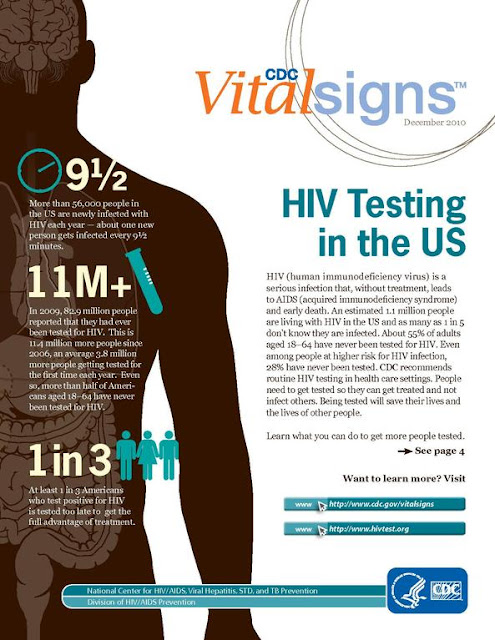MOBILE, Alabama -- A sentinel chicken in the 36613 ZIP code has tested positive for Eastern Equine Encephalitis, according to Dr. Bernard Eichold, Health Officer for the Mobile County Health Department.
The Mobile County Health Department’s Vector Control division monitors encephalitis in sentinel poultry flocks strategically placed throughout the county to detect the presence of viruses carried by mosquitoes. Additionally, mosquitoes are trapped throughout the county and tested for Eastern Equine Encephalitis, West Nile Virus, and St. Louis Encephalitis. According to Vector Control personnel, aggressive surveillance and control activities are ongoing.
Eastern Equine Encephalitis and other mosquito-borne viruses such as West Nile Virus are transmitted from bird to mosquito to bird. Mosquitoes can spread these viruses by feeding on the blood of infected birds and then biting another host animal or mammal such as a horse or human. Although humans and horses can become ill from the infection, the diseases cannot be spread from people or horses. The likelihood of transmission to humans and horses can be decreased by personal mosquito avoidance and the use of an Eastern Equine Encephalitis and West Nile Virus vaccine in horses. There is no vaccine available for humans, Eichold said.
Eastern Equine Encephalitis can be more dangerous to people and other mammals than other mosquito-borne viruses. However the same mosquito-prevention measures reduce exposures to all such viruses. Bites to children should be watched for secondary infections that need to be treated by a physician.
Mosquito bites can be treated with topical agents such as calamine and menthol lotions. Cortisone creams
and oral antihistamines are available as over-the-counter medications that can reduce itching.






.jpg)







.jpg)

